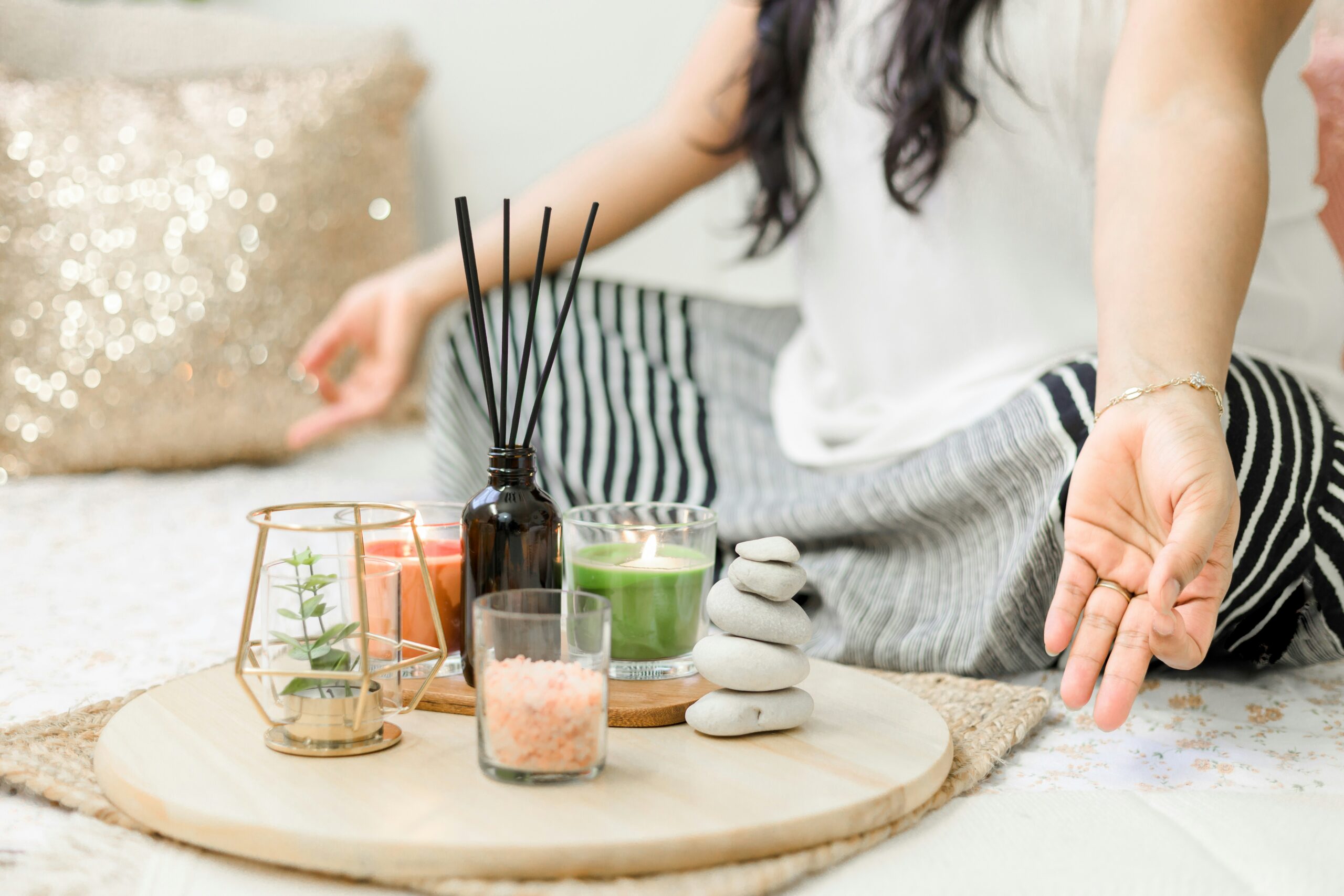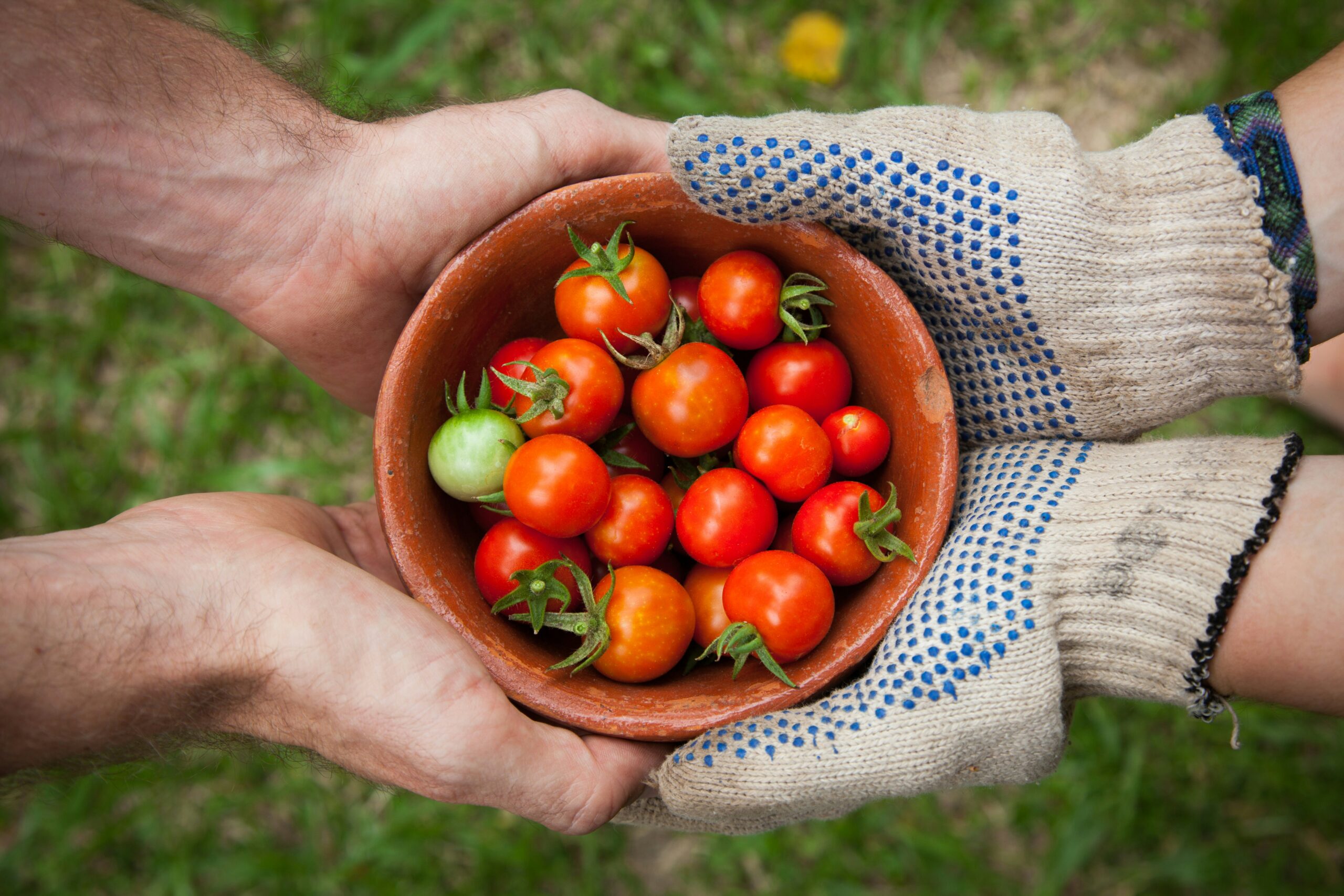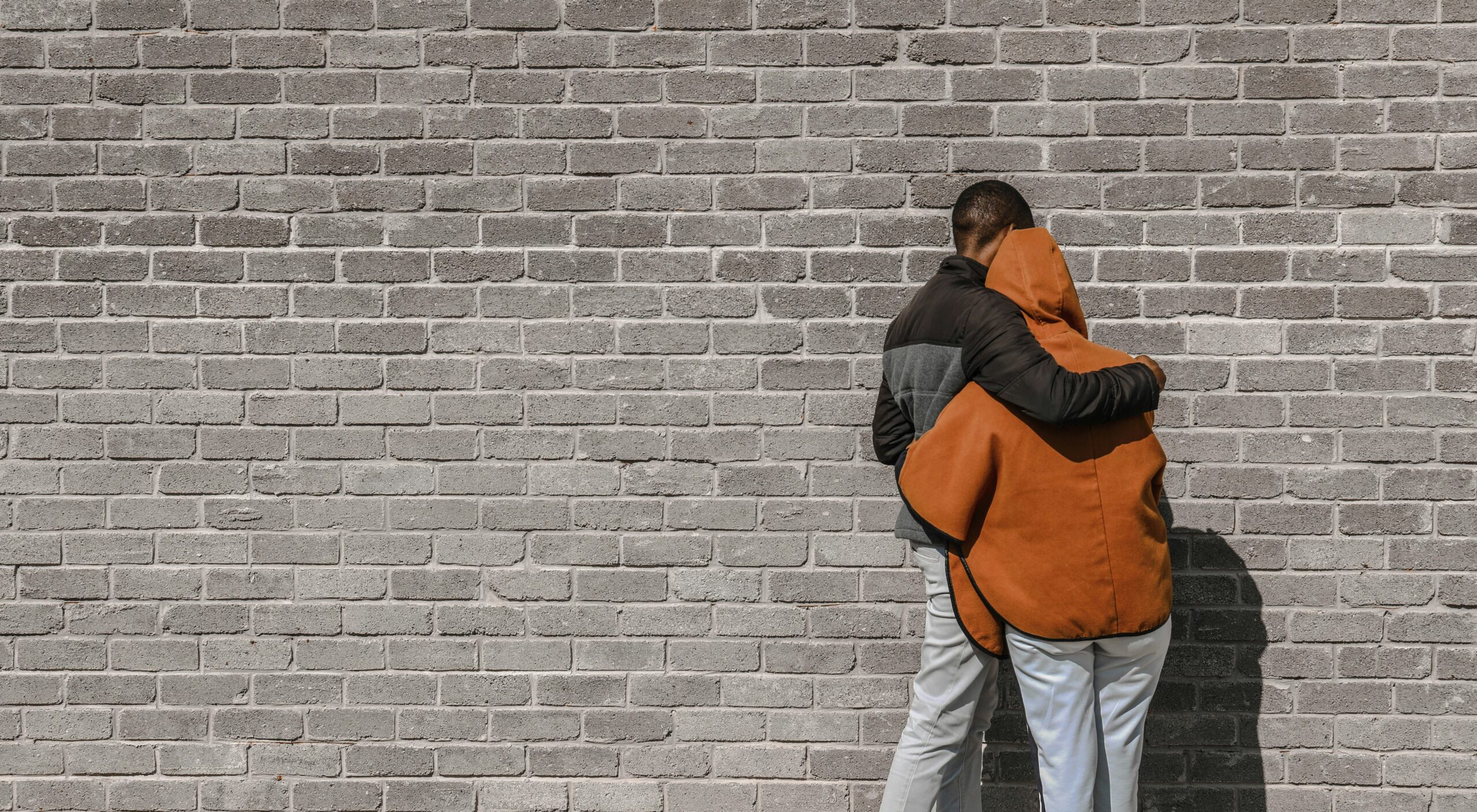
Fostering Good Relationships with Neighbors

Having good relationships with our neighbors is an important aspect of creating a harmonious community. When we foster positive connections with those who live nearby, we not only enhance our own well-being, but also contribute to the overall cohesion of the neighborhood. In this blog post, we will discuss the importance of cultivating good neighborly relationships, the benefits they bring, strategies for establishing and maintaining these connections, and provide examples of neighborly acts of kindness and cooperation.
The Importance of Fostering Positive Relationships with Neighbors
Building strong relationships with our neighbors is crucial for the well-being of both individuals and the community as a whole. When we have positive connections with those around us, we create a sense of belonging and security. Knowing that we can rely on our neighbors for support and assistance can bring peace of mind and a greater sense of safety in our homes.
Furthermore, fostering good relationships with our neighbors contributes to a sense of community. When we have a strong community bond, we are more likely to come together in times of need, support local initiatives, and work towards common goals. This can lead to a more vibrant and inclusive neighborhood where everyone feels valued and connected.
Benefits of Being a Good Neighbor and Building a Sense of Community
Being a good neighbor and actively participating in building a sense of community brings numerous benefits. Firstly, it creates a positive and friendly atmosphere in the neighborhood. When we engage in acts of kindness and cooperation, we set a precedent for others to do the same, promoting a culture of goodwill and empathy.
Secondly, a strong sense of community can enhance our overall quality of life. When we have a network of supportive neighbors, we can share resources, knowledge, and experiences. This can lead to a greater sense of belonging and a more fulfilling daily life.
Thirdly, a close-knit community can contribute to a safer neighborhood. When neighbors know and trust each other, they are more likely to look out for one another and report any suspicious activity. This collective vigilance can help prevent crime and create a secure environment for everyone.
Strategies for Establishing and Maintaining Good Relationships with Neighbors
Building and maintaining good relationships with our neighbors requires effort and intentionality. Here are some strategies to help foster positive connections:
- Introduce yourself: Take the initiative to introduce yourself to new neighbors or those you haven’t met before. A warm greeting and a friendly conversation can go a long way in establishing a connection.
- Be respectful and considerate: Show respect for your neighbors’ privacy, property, and boundaries. Avoid excessive noise, keep shared spaces clean, and be mindful of any potential disruptions.
- Offer assistance: Be willing to lend a helping hand when needed. Whether it’s offering to water plants while your neighbor is away or helping with a small repair, acts of kindness can strengthen relationships.
- Participate in community events: Attend neighborhood gatherings, block parties, or community meetings. These events provide opportunities to meet and connect with fellow neighbors.
- Communicate openly: Establish open lines of communication with your neighbors. This can be through face-to-face conversations, phone calls, or even online platforms specifically designed for neighborhood communication.
Examples of Neighborly Acts of Kindness and Cooperation
Acts of kindness and cooperation between neighbors can take many forms. Here are a few examples:
- Helping an elderly neighbor with their groceries
- Organizing a neighborhood cleanup day
- Sharing excess produce from your garden
- Offering to pet-sit for a neighbor who is going away
- Creating a neighborhood watch program
Conclusion
Building and nurturing good relationships with our neighbors is essential for creating a harmonious and thriving community. By fostering positive connections, we not only improve our own well-being but also contribute to the overall cohesion and vibrancy of the neighborhood. Through acts of kindness, cooperation, and active participation, we can build a strong sense of community that benefits everyone involved.

















